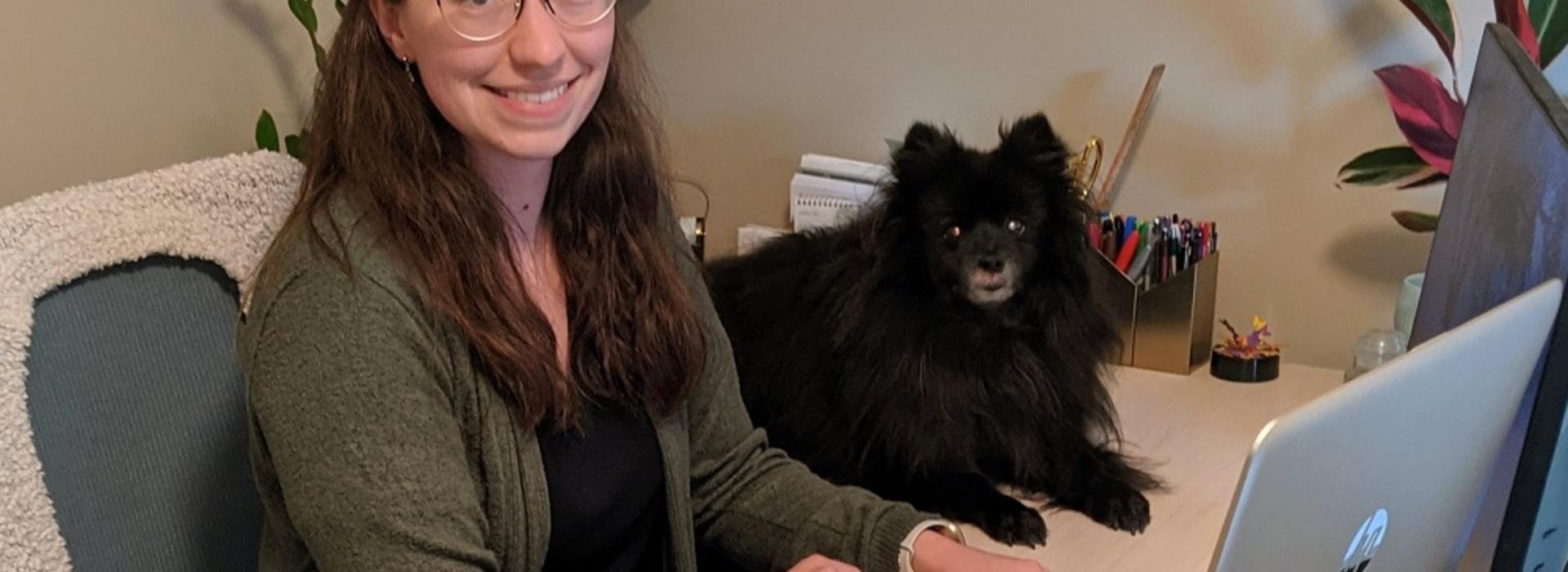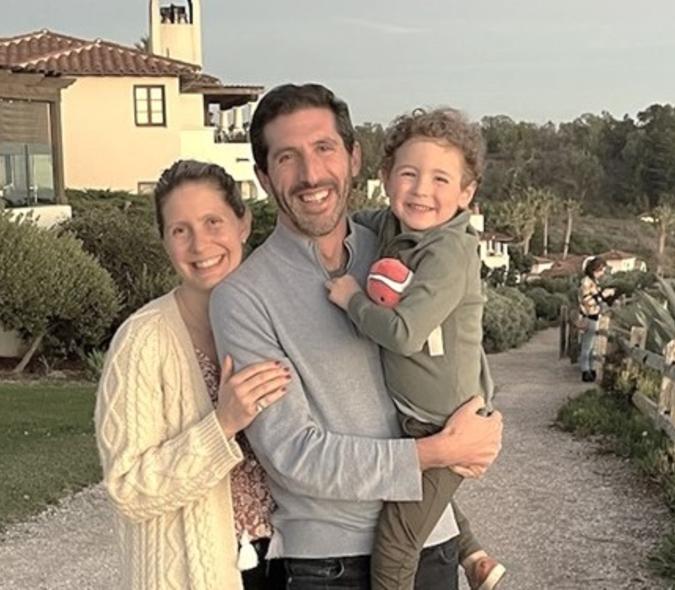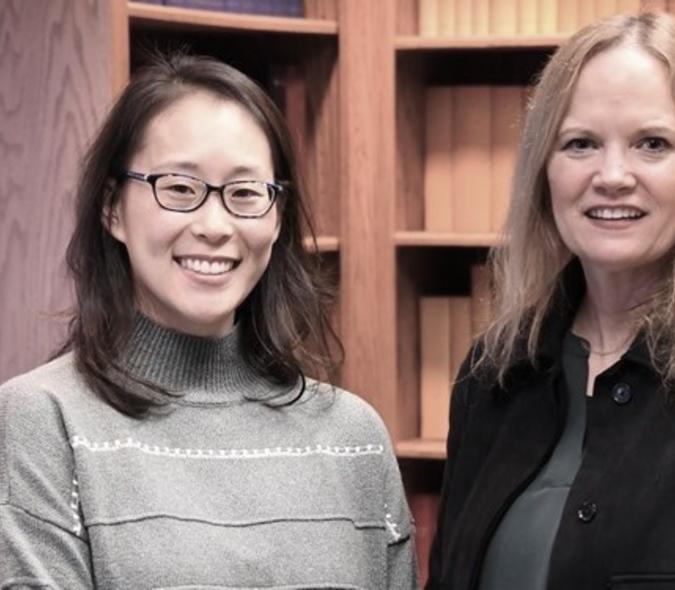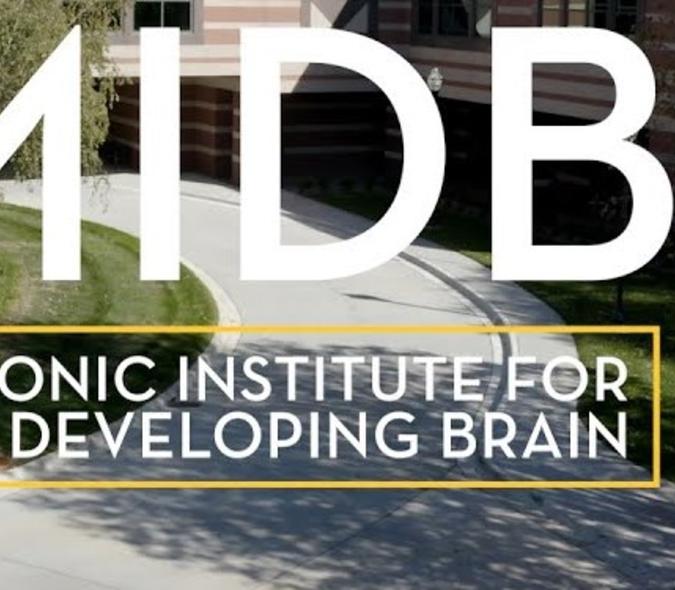
New division wants to help their colleagues see patient care through a new lens
Marriage and family therapist, Jessica Ruth, LAMFT, was recently named lead of the new Social Sciences Division for the Department of Psychiatry and Behavioral Sciences and the Mental Health and Addiction Service Line. With three years of service under her belt, Ruth has contributed to multiple interprofessional teams, including the inaugural Rapid Access and Brief Treatment Team and the Early-stage Mood Disorder Program.
“Most notably, Jessica has been a longstanding member of the Dialectical Behavior Therapy Program and contributed to its reformulation,” said Sasha Zagoloff, PhD, LP, program director for outpatient clinics. “Having Jessica in this new role creates additional visibility for our Marriage and Family Therapy and Social Work colleagues, which is important as we highlight the numerous professionals who contribute to our patients’ care.”
Help solve problems
As Dr. Zagoloff noted, the Social Sciences Division incorporates Marriage and Family Therapists (MFTs) and Social Workers. It also includes Supportive Education and Employment Specialists (SEEs). MFTs are mental health professionals trained in psychotherapy and family systems who are licensed to diagnose and treat mental and emotional disorders within the context of marriage, couples, and family systems. Social Workers help people solve and cope with problems in their everyday lives. Clinical social workers also diagnose and treat mental, behavioral, and emotional issues. SEEs are associated with M Health Fairview’s Navigate Program and help individuals from 15 to 40 years old who have been diagnosed with schizophrenia spectrum disorder get back to school or to work.
“Marriage and family therapists and social workers are trained in systems theories, giving us a slightly different lens through which to look at both caring for patients and collaborating with our clinical colleagues,” explained Ruth. She is excited about the possibilities that her new role holds. “For the division to be heard and seen a little differently, we are going to have to educate providers about what we can do and what skillsets we bring to patient care,” she said. “We want to let our clinical partners know how we can support the work they’re doing with their patients.”
Sense of unity
Ruth is looking forward to being able to collaborate with her Social Sciences Division colleagues a little differently. “They’re all excellent clinicians with unique skillsets that have had a positive impact on our patients,” Ruth said. “I’m excited to be able to represent them and learn more about them.” One of her first goals is to create a sense of unity and teamwork among colleagues who might be experiencing the isolation of working in many different locations in the Twin Cities.
“I think it’s important that we have a voice and can feel seen and heard,” said Ruth. “The more inclusive and equitable we can be as interdisciplinary care teams, the more we can all help support and create new opportunities for patient care and provider experience. It’s important to me that we find some of those opportunities together.”



